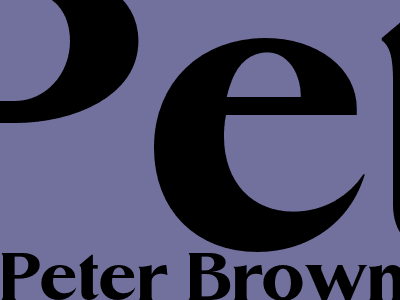The Ultimate Guide to Writing Google and Blogger.com Policy-Compliant Blog Posts
Introduction
In the ever-evolving digital landscape, creating high-quality, policy-compliant blog posts is paramount for success. Whether you're a seasoned blogger or just starting your online journey, understanding the intricacies of Google and Blogger.com policies is crucial to ensure your content is visible, engaging, and legally sound. In this comprehensive guide, we'll delve into the essential elements of Google and Blogger.com compliance, providing actionable tips and insights to help you navigate the complexities of online publishing.
1. Google Search Engine Optimization (SEO) Guidelines
Google's SEO guidelines are designed to ensure that search results are relevant, comprehensive, and user-friendly. Adhering to these guidelines not only improves your blog's visibility but also enhances the user experience. Key SEO best practices include: - Create original, high-quality content that provides value to readers. - Use relevant keywords throughout your posts, but avoid keyword stuffing. - Optimize your blog's structure with clear headings and subheadings. - Build backlinks from reputable websites to increase your blog's authority. - Use images and videos to break up text and make your content more engaging.
2. Blogger.com Content Policies
Blogger.com, owned by Google, has specific content policies that all bloggers must adhere to. Violating these policies can result in your blog being removed or suspended. Some key content prohibitions include: - Child sexual abuse content - Copyrighted material without permission - Hate speech - Malicious or harmful content - Violent content
3. Copyright and Fair Use
Understanding copyright law is essential for avoiding legal issues when using other people's content. Copyright law protects original works, such as text, images, and videos. If you want to use copyrighted material, you must obtain permission from the copyright holder or ensure that your use falls within the "fair use" doctrine. Fair use allows you to use limited amounts of copyrighted material for purposes such as criticism, commentary, news reporting, and teaching.
4. Privacy and Data Protection
Protecting your readers' privacy is paramount, especially when collecting or using their personal information. Ensure your blog's privacy policy clearly outlines how you collect, use, and share user data. Comply with data protection regulations, such as the General Data Protection Regulation (GDPR) in the EU, to safeguard your readers' privacy rights.
5. Avoiding Spam and Malware
Spammy or malicious content not only damages your blog's reputation but can also lead to penalties from Google and Blogger.com. Avoid using excessive keyword stuffing, link building schemes, or misleading claims. Ensure your blog is malware-free and uses reputable plugins and widgets to protect your readers from security risks.
6. Ethical Considerations
As a blogger, it's important to consider the ethical implications of your content. Ensure that your posts are accurate, fair, and unbiased. Avoid sensationalism, misinformation, and harmful stereotypes. Uphold ethical principles in your writing, promoting respect, diversity, and inclusion.
7. Continuous Improvement
Stay up-to-date with the latest Google and Blogger.com policies and best practices. Regularly review your content and ensure compliance with the evolving guidelines. Seek feedback from trusted sources to identify areas for improvement and maintain a high standard of quality and compliance. By following these guidelines, you can write Google and Blogger.com policy-compliant blog posts that are not only informative and engaging but also compliant with legal and ethical standards. Your readers will appreciate the value and integrity you bring to your content, and you'll be well-positioned for success in the competitive world of online publishing.

Peter Brown Bar
Post a Comment